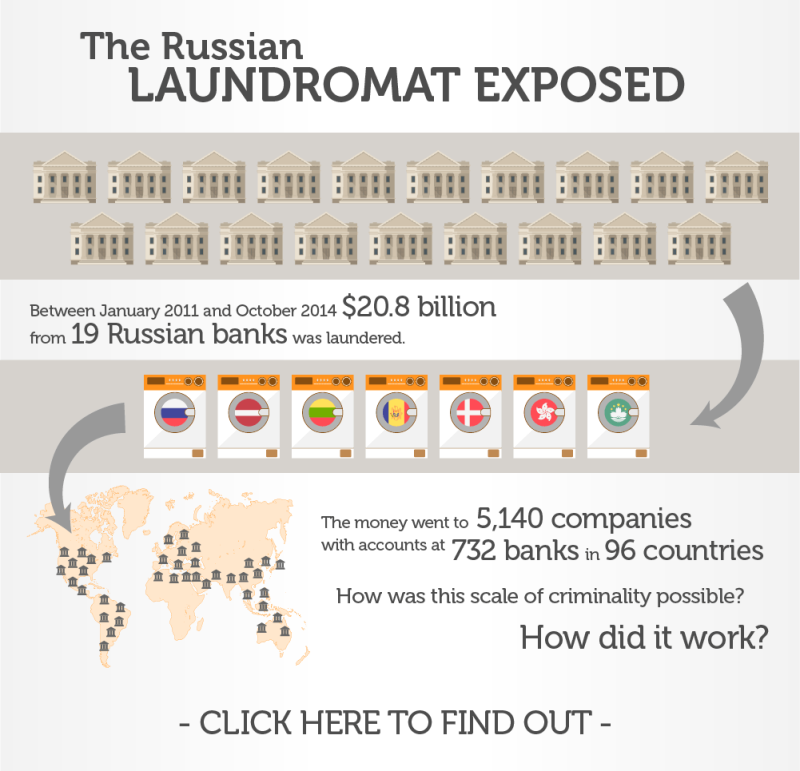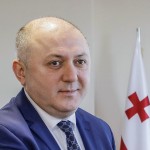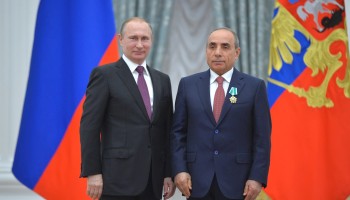In a speech before the Parliamentary Assembly on Thursday, Representative Art van de Ven from The Netherlands presented a resolution based on his recent report on European laundromats, saying that the Council of Europe must step up efforts to “protect the rule of law, human rights and democracy against dangerous, destructive forces, forces that have already damaged this Assembly and the institutional home of European democracy.”
Van de Ven specifically mentioned the three laundromats which were the subjects of extensive investigations undertaken by the Organized Crime and Corruption Reporting Project, its partners and other media organizations over the past years.
Major European banks and scores of top officials, including Russian President Vladimir Putin, have been implicated in the findings and the proceeds of the money-laundering schemes are calculated in tens of billions of dollars.
The orchestrators exploited weaknesses in under-regulated Baltic banking systems and took advantage of the United Kingdom’s poor tax regulations to park billions of dollars in shell companies in British Overseas Territories or in lavish London apartments, van de Ven said.
In his speech, van de Ven bemoaned the lack of action taken thus far against the perpetrators of such high-level crime. “There does not seem to have been any concerted investigation of the Global Laundromat in particular,” and international efforts generally have been “disjointed and spasmodic,” he said.
The Dutch representative’s recommendations included greater coordination and cooperation between domestic and international regulators, as well as additional safeguards for each Council of Europe member state.
“Every European country should have specialized services including a financial intelligence to monitor and respond to money laundering risks,” van de Ven said.






